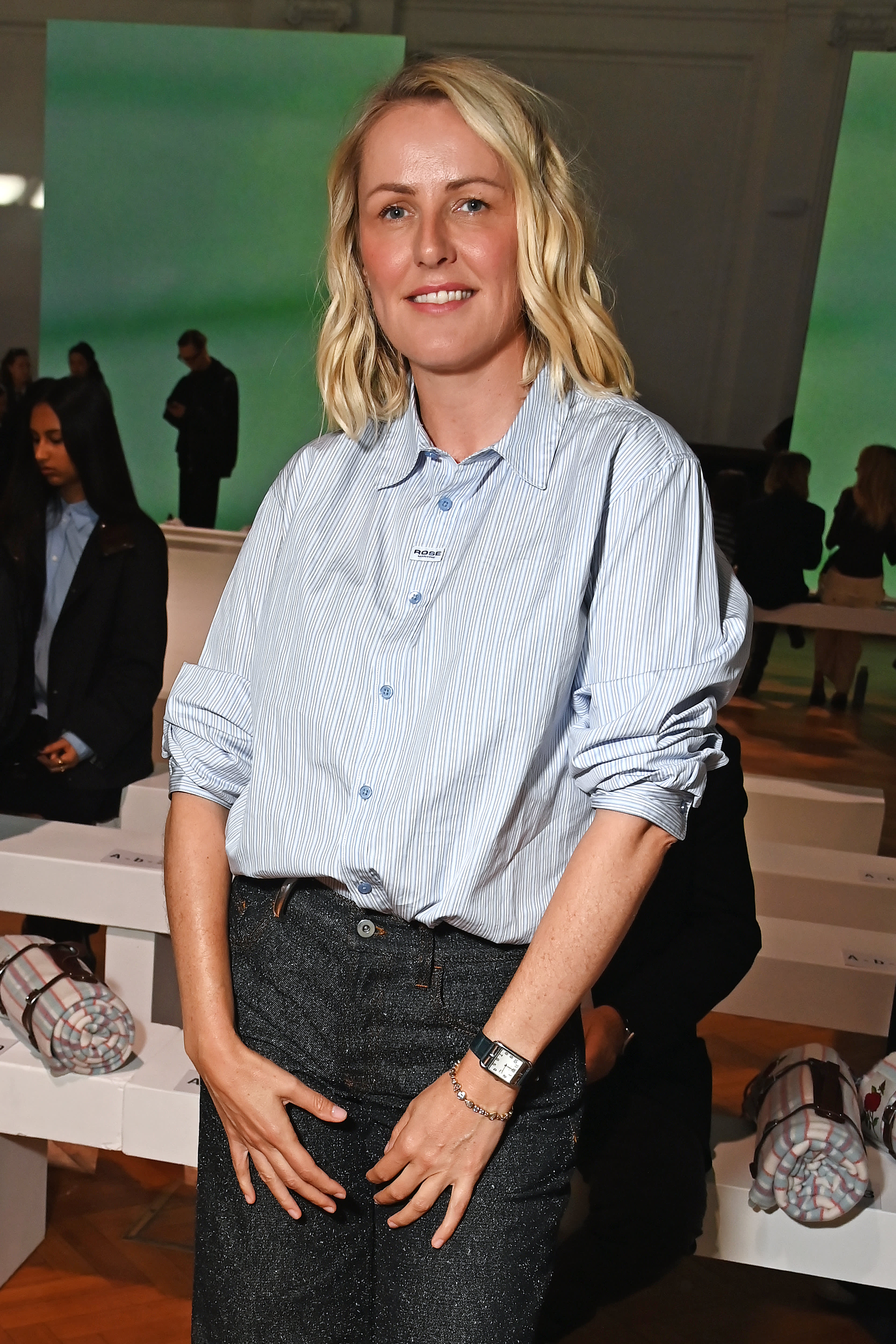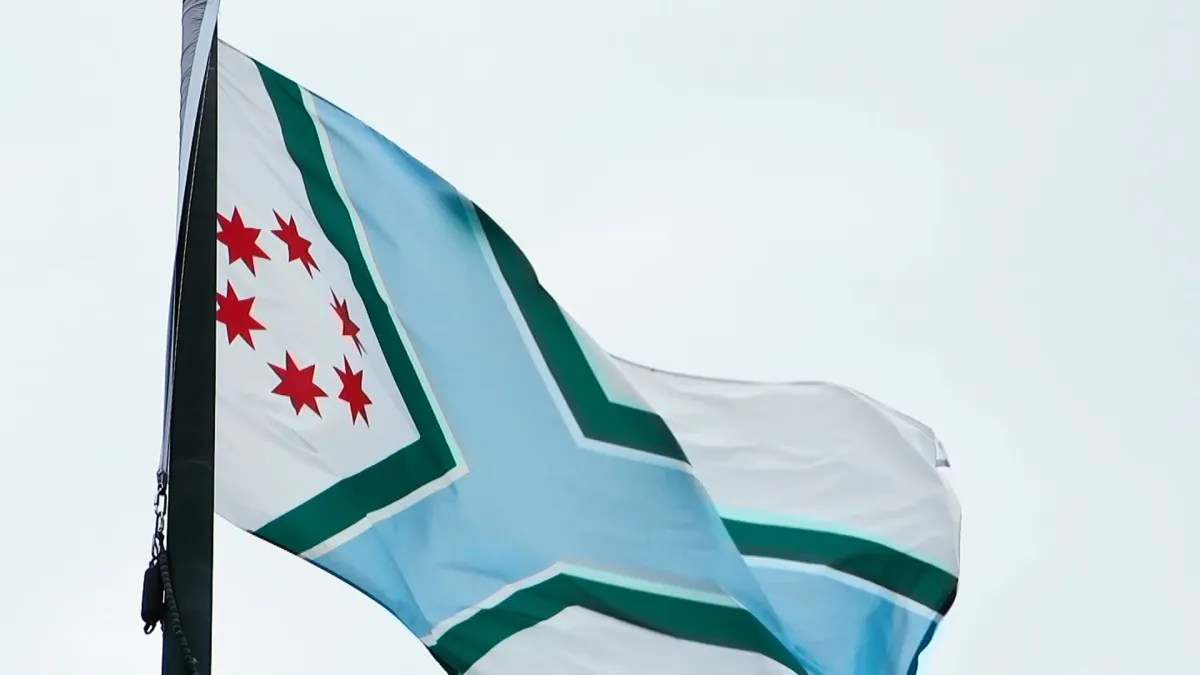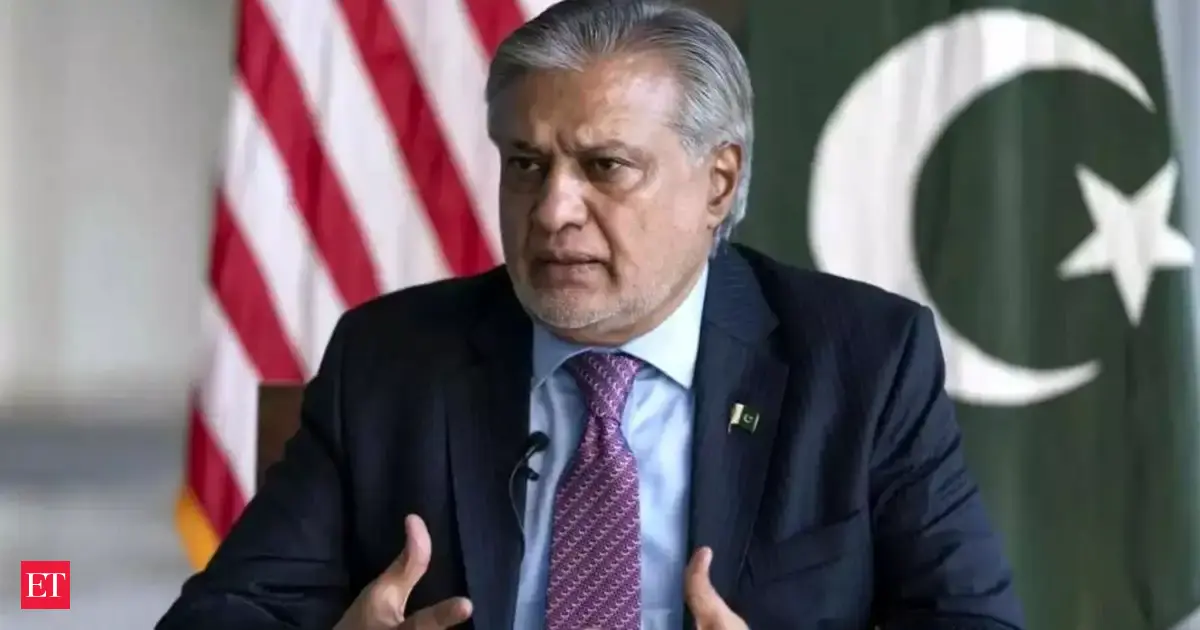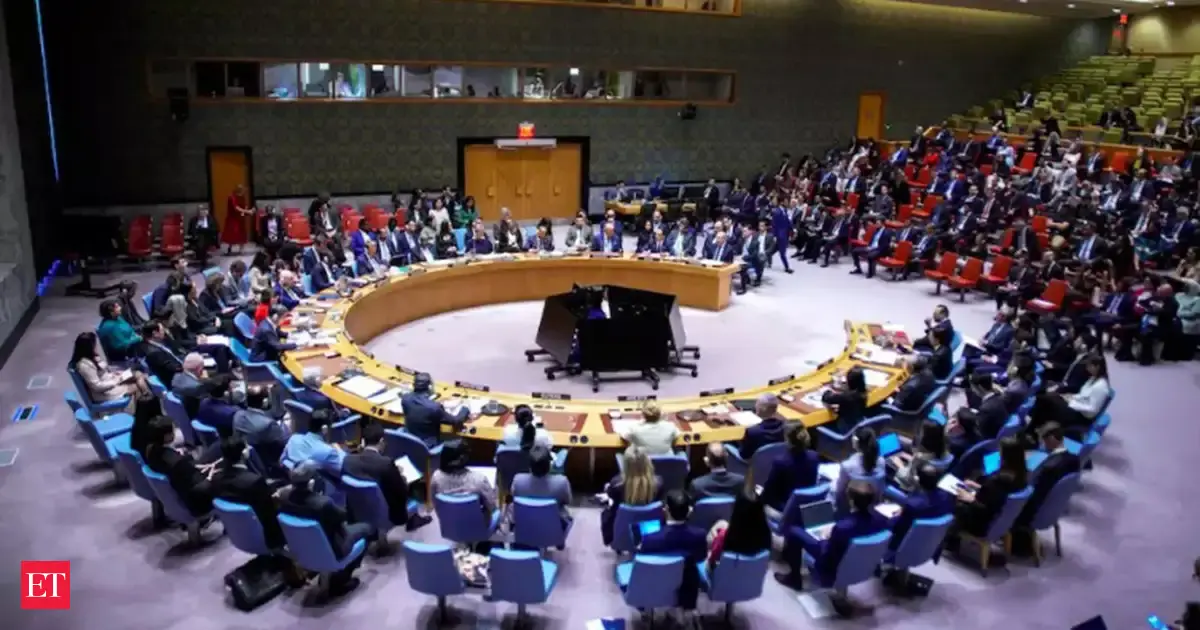Fashion boss touts resilience as key leadership trait as industry battles tariff uncertainty
By Sawdah Bhaimiya
Copyright cnbc

This includes China, where brands like Prada and Zara outsource production, Vietnam, where Nike produces most of its footwear, and Pakistan, which is key in producing denim items. Meanwhile, the EU —which accounts for over 70% of the global luxury goods market — is also facing duties.
David Pemsel, chairman of the British Fashion Council, said in April that the tariffs “pose a serious concern for the community, forcing many to choose between price hikes and tighter margins.” He said the council was working with the U.K. Department of Business and Trade to advocate for tariff-free entry for U.K. fashion goods into the U.S. market.
Weir described the tariffs as “very challenging,” but struck an optimistic tone, highlighting the importance of relationships with American counterparts.
“I hope that we can find a way through working with our American counterparts, to try and explain the impact and the real terms challenge that that puts on the industry,” she said.
“I mean, in terms of our designers who are already challenged, it can really affect their ability to trade and be commercially successful and ultimately viable. So we’re working hard at the BFC to help our American counterparts really understand the true impact of their decisions.”
In fact, a recent global survey of over 1,000 business leaders across a variety of sectors by advisory platform Consulting.us found that over 60% believe resilience is the No. 1 most important quality for company bosses, as they navigate tariffs and economic uncertainty.



